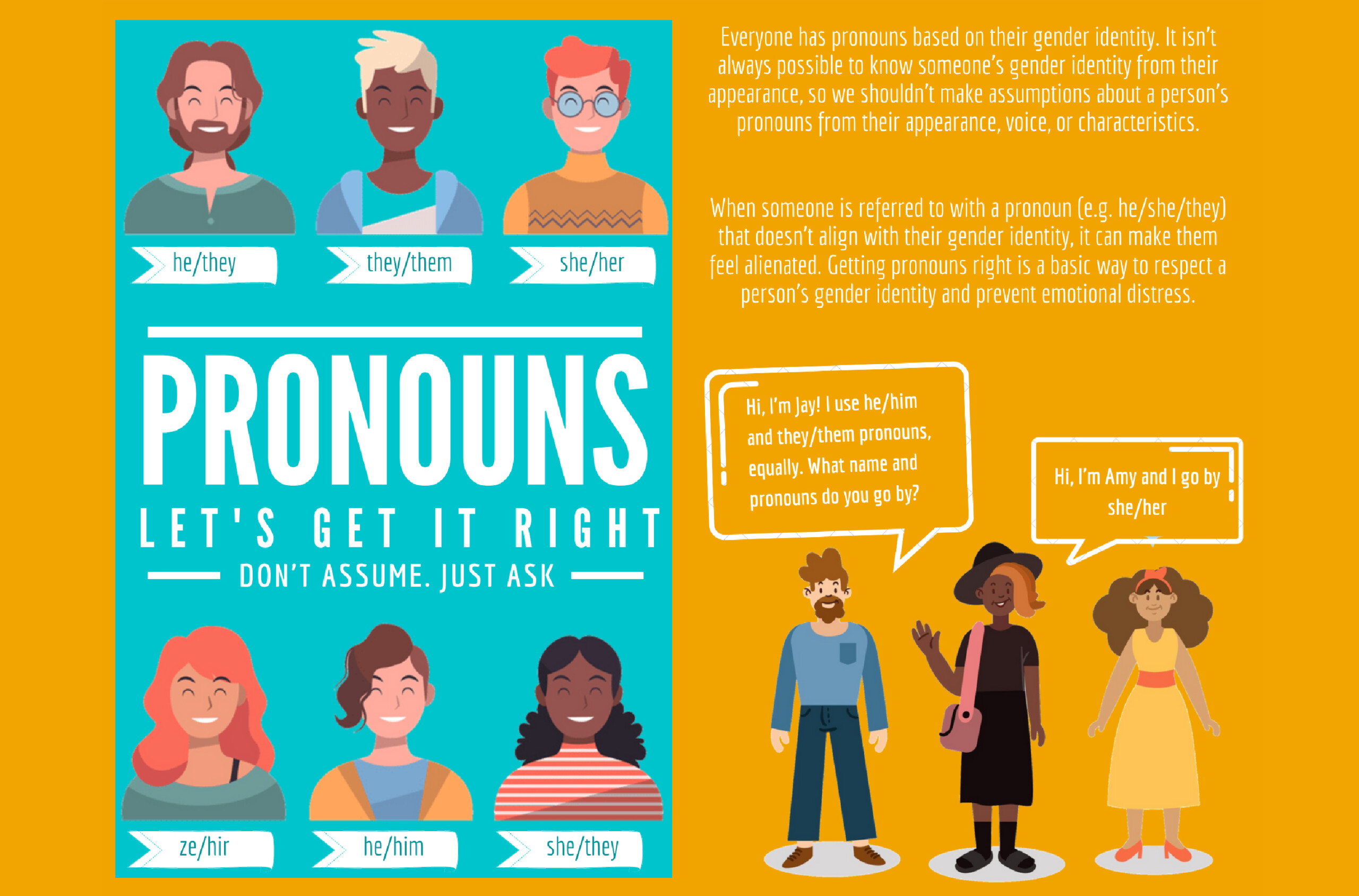“Don’t assume. Just ask”. It’s not possible to guess someone’s gender identity from the way they appear; the way people communicate is crucial to ensure that nobody feels alienated or discriminated against. This is particularly important in the academic environment, where students, researchers and administrative staff contribute daily to the advancement of knowledge and claim the right to work and study in an inclusive and non-discriminating environment.
For this reason, our partner CEU (Central European University) has recently launched an awareness raising campaign to sensitise the community on the importance of the use of pronouns in daily communication. Indeed, everyone uses pronouns based on their gender identity: the use of the correct ones is the most respectful way to communicate and refer to people.
CEU has promoted 9 best practices following the “Ideas for Getting Pronouns Right” published at the University of Warwick.
The advice to use the pronouns “they/them” until someone’s pronouns are known opens the list, followed by other recommendations based on the principles of a respectful and inclusive communication:
- When you introduce someone use their pronouns in order to help others to learn them;
- Listen to how people speak about themselves;
- If someone uses the wrong pronouns for another person who is not present, gently correcting the mistake;
- Consider wearing a badge with your pronouns;
- Include your pronouns in your email signature;
- If you don’t know, just ask “What pronouns do you use?”;
- If you get wrong with someone’s pronouns, simply apologise and correct yourself;
- People’s names and pronouns are not to be questioned but respected: make no personal or invasive questions.
Download the best practices and the poster of the initiative and share them with your friends and colleagues: help us to spread the word and sensitise people on the right way to use pronouns in order to ensure inclusion and respect of diversity in daily communication.
CEU’s awareness campaign is fully in line with the SUPERA’s principles of gender equality beyond the male-female binary, and with the advice illustrated in the “Gender-sensitive communication guidelines in research and academia” developed as a project deliverable and available at this link.


